Understanding The Role Of NAD+ In The Body
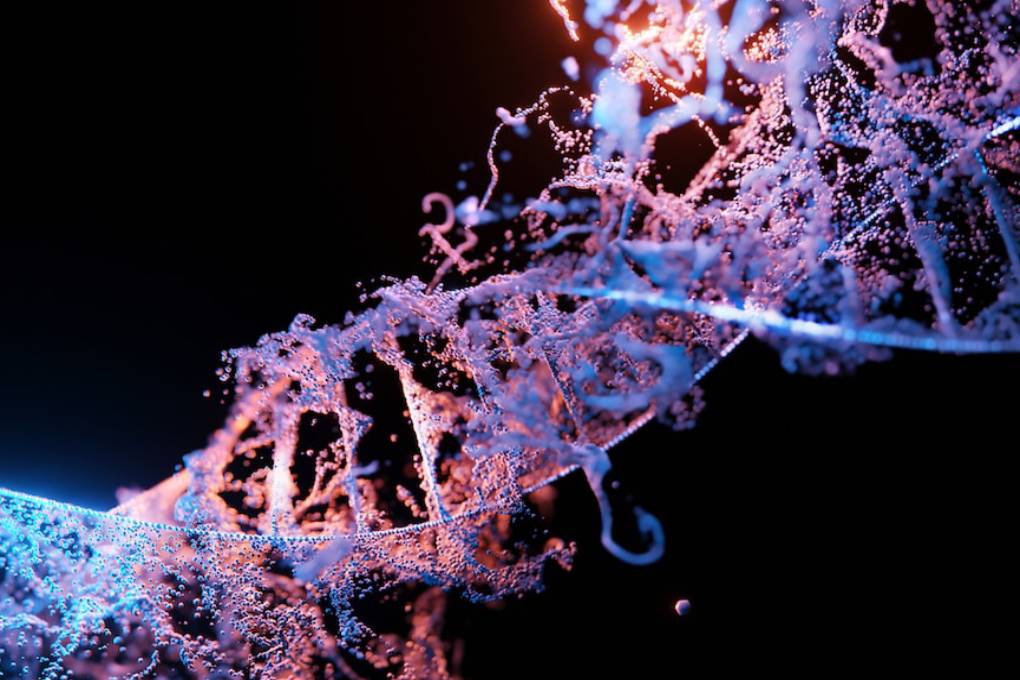
Our body is a complex system of metabolic reactions and molecular processes. One of the primary molecules in these processes is Nicotinamide Adenine Dinucleotide (NAD+). This coenzyme is pivotal in numerous metabolic reactions and plays a significant role in numerous bodily functions, from energy production to DNA repair. In this article, we delve into the intricate world of NAD+ and explore its pivotal role in our bodies. Keep reading to understand this molecule better and how it contributes to health.
Table of Contents
The Biological Significance Of NAD+
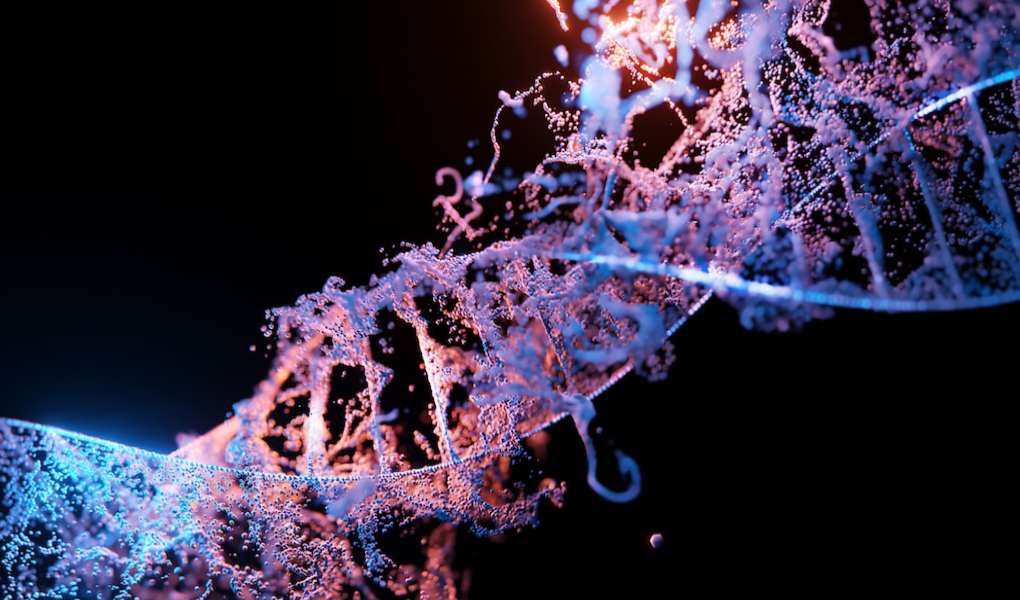
NAD+ is a meaningful molecule in our bodies. It is involved in many cellular processes, including energy production, DNA repair, cell death, and more. This powerful molecule acts as a cofactor in redox reactions, facilitating the transfer of electrons from one molecule to another, which is needed in the energy-producing process in cells. Without NAD+, the cells in our bodies would not be able to generate the energy we need to keep us alive.
The role of NAD+ extends beyond energy production. The molecule is also responsible for repairing damaged DNA, maintaining the health and functionality of cells, and regulating cellular metabolism. Additionally, it affects aging. As we age, our NAD+ levels naturally decline, resulting in increased susceptibility to disease and general health degradation. It’s why scientists and medical professionals are keenly interested in exploring how to boost NAD+ levels, with the hope of potentially slowing down the aging process and improving health and longevity.
With these functions, it’s no wonder that many researchers are working tirelessly to unlock the potential of this molecule. NAD+ has received increasing attention for its potential health benefits, particularly in the context of aging and chronic disease. The growing body of research provides a renewed understanding of its importance in numerous biochemical and physiological functions, offering opportunities for health optimization.
Metabolic Processes And NAD+
NAD+ is an integral part of our body’s metabolic processes. Metabolism involves numerous complex reactions that our bodies undertake to derive energy from the food we consume. NAD+ facilitates these reactions by serving as an electron transporter. It shuttles electrons from one reaction to another, making it essential in energy production and other metabolic functions. Still, it’s not just about energy production. NAD+ also influences other metabolic pathways.
For instance, it is involved in the breakdown of carbohydrates and fats, the formation of fatty acids and cholesterol, and the detoxification of alcohol, among others. Incredible as it may seem, this tiny molecule plays a vast role in ensuring robust metabolic health. Thus, maintaining high levels of NAD+ is crucial to metabolic health. Abnormal levels of NAD+ have been linked to various metabolic disorders, including obesity, diabetes, and non-alcoholic fatty liver disease. This evident relationship emphasizes the importance of the molecule, signaling that maintaining its balance is a pivotal aspect of health and wellness.
NAD+ And Cellular Longevity
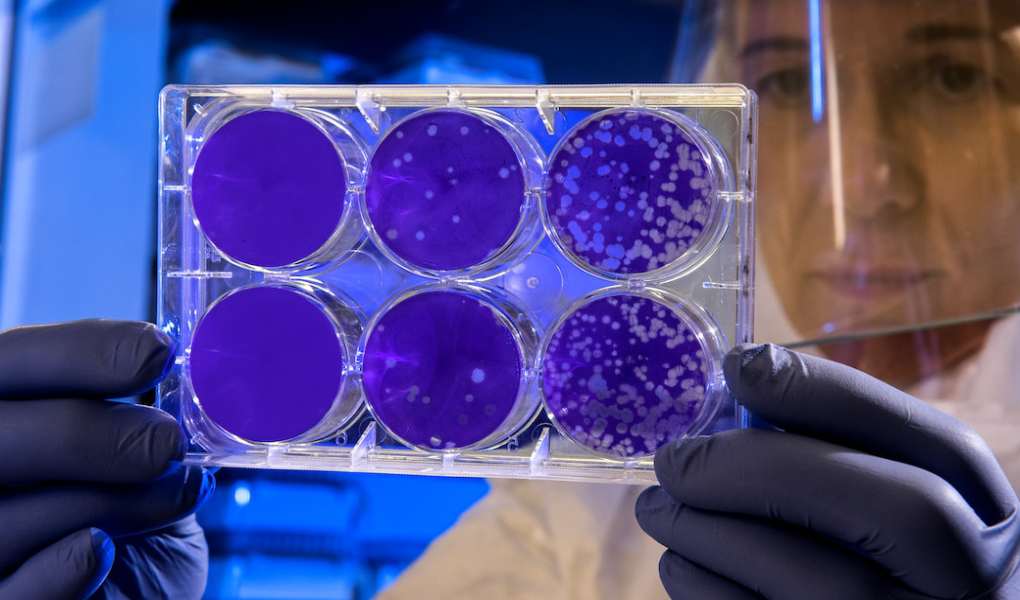
NAD+ is closely linked to cellular longevity and the aging process. As you grow older, your NAD+ levels naturally decrease. This decline is one of the reasons why we become more vulnerable to aging-related diseases, such as heart disease, diabetes, and neurodegenerative disorders. The decrease in NAD+ levels affects the functionality of the cells, leading to deteriorating health and amplified signs of aging.
Several factors trigger this decline, including DNA damage, inflammation, and accumulation of certain proteins. NAD+ plays a pivotal role in counteracting these processes, working hand in hand with other protein families, influencing longevity genes, and maintaining mitochondrial health. However, as levels decline, the body’s ability to combat these aging-related factors dwindles, paving the way for aging and disease.
Today, strategies aimed at boosting NAD+ levels are seen as potential interventions to slow the aging process and improve healthspan. Whether through supplementation, diet, or lifestyle changes, increasing NAD+ levels could offer a promising avenue toward healthy aging and longevity.
Role Of NAD+ In DNA Repair
Apart from playing a part in metabolic processes and cellular longevity, NAD+ is also critical for DNA repair. Your DNA is constantly under attack by a wide range of factors, including ultraviolet radiation, chemical exposure, and even normal metabolic processes. These factors result in DNA damage, which, if left unrepaired, can lead to genetic mutations and various diseases, including cancer.
NAD+ aids in the DNA repair process by serving as a substrate for certain enzymes that participate in DNA repair pathways. These enzymes, known as PARPs (Poly ADP-ribose polymerases), use NAD+ to repair damaged DNA strands and maintain genetic integrity. Interestingly, the activity of PARPs is intrinsically tied to NAD+ availability. PARP activity increases in response to DNA damage, but this increased activity can quickly deplete cellular NAD+ pools, leading to metabolic disruption and cellular damage. In light of this, maintaining adequate NAD+ levels can support DNA repair.
The Impact Of Low NAD+ Levels
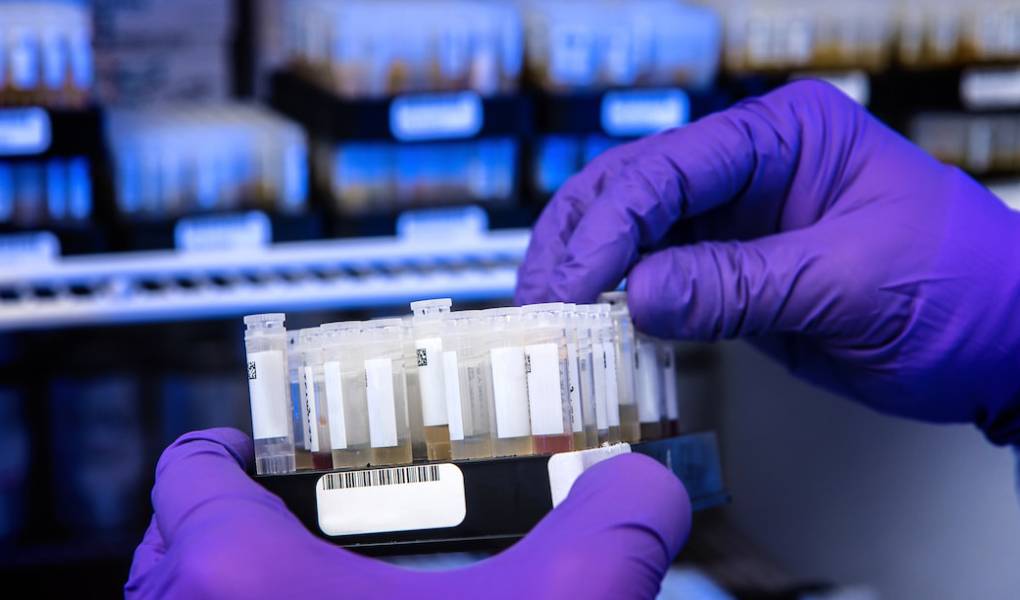
While low NAD+ levels are associated with aging, research shows that they also contribute to the development of numerous health issues, including metabolic disorders, heart disease, and neurodegenerative diseases among others. Being aware of these potential threats raised by reduced NAD+ levels can illuminate the importance of maintaining a balance of this molecule in the body.
Low NAD+ levels can inhibit the body’s ability to produce energy and regulate cellular processes, leading to negative repercussions on general well-being and health. For instance, in metabolic diseases such as diabetes, obesity, and fatty liver disease, the disruption of NAD+ homeostasis may aggravate the condition, deter recovery, and increase the risk of complications.
Moreover, reduced NAD+ levels have been linked to impaired brain function and decreased cognitive abilities. This decline has been associated with the progression of neurodegenerative disorders such as Alzheimer’s and Parkinson’s diseases. In these conditions, reduced NAD+ levels impact brain cells’ ability to generate energy and repair damaged DNA, leading to accelerated neurodegeneration.
Strategies To Increase NAD+ Levels
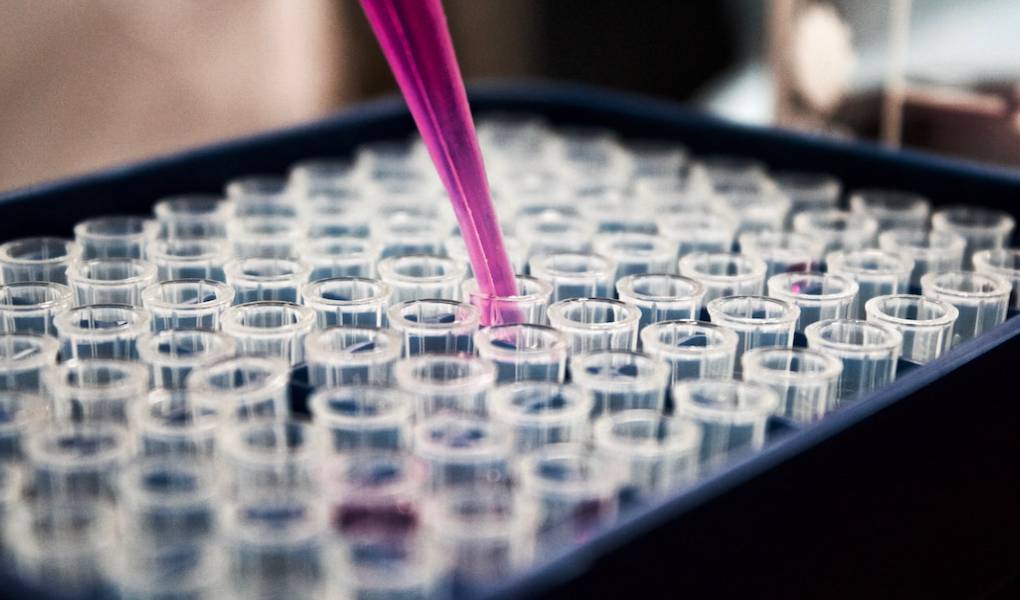
Given the pivotal role of NAD+ in maintaining health and wellness, the prospect of boosting its levels naturally draws a lot of attention. Researchers have been exploring various strategies to increase NAD+ levels, with the aim of counteracting its natural decline with age and optimizing health and longevity.
Several approaches have shown promise in elevating NAD+ levels. For instance, supplementing with precursors of NAD+ such as nicotinamide riboside (NR) or nicotinamide mononucleotide (NMN) has been shown to increase NAD+ levels effectively. Besides supplementation, maintaining a balanced diet, including foods rich in NAD+ precursors and regular physical activity, can also contribute to maintaining adequate NAD+ levels. Certain types of intermittent fasting and calorie restriction have also been found to boost NAD+ levels.
While further research is still needed to fully understand the best strategies for elevating NAD+ levels, these current insights offer promise for improving health and well-being, highlighting the remarkable role of NAD+ in our bodies. Talk to your doctor before adding anything new to your routine, as they can explain how it may affect your health or interact with medications you’re currently taking.
The complexity and versatility of NAD+ make it a fascinating molecule. From propelling metabolic reactions and aiding DNA repair to influencing aging processes and countering disease development, it’s clear that the roles of NAD+ reach far and wide in our bodies. As such, this molecule and the research surrounding it hold immense potential for health optimization and longevity. Whether through proper diet, targeted supplementation, or lifestyle adaptations, these strategies may hold the key to enjoying a healthier, more robust health span. Overall, the potential of NAD+ in the realms of health and wellness is vast, and its exploration is just beginning.
Also Read: How To Assess The Health Of Your Company?




